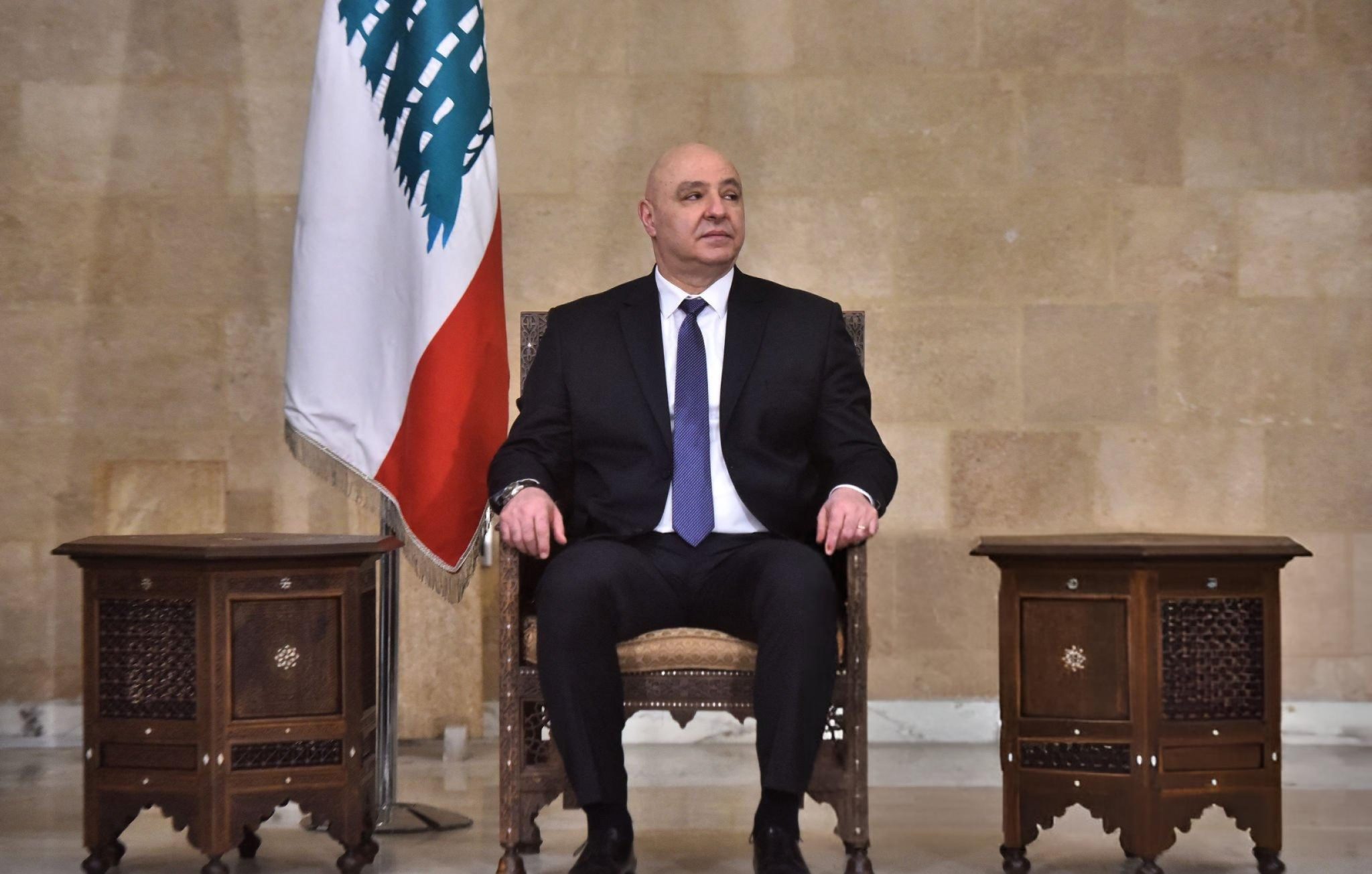Beirut – Lebanon’s parliament has elected Joseph Aoun, the country’s army chief, as the new president, ending a political vacuum that had lasted more than two years. The election came after a prolonged period of gridlock, during which Lebanon was without a functioning head of state.
Aoun’s candidacy for the presidency was supported by several key political factions, as well as international powers such as the United States, France, and Saudi Arabia. His election marks a significant milestone in the country’s attempt to stabilise its political landscape, which has been torn by division and crises.
The presidential role in Lebanon is largely ceremonial but carries symbolic importance in a system that allocates power along sectarian lines. Aoun, a Maronite Christian, was widely seen as a suitable candidate to fill the post, which has been vacant since the term of his predecessor, Michel Aoun, ended in October 2022.
In a significant development on Wednesday, Suleiman Frangieh, a rival candidate backed by Hezbollah, withdrew from the race and endorsed Aoun. Hezbollah, the powerful Shia Muslim militia and political party, had previously supported Frangieh for the presidency but ultimately threw its weight behind Aoun following the withdrawal of the rival.
Joseph Aoun’s election comes on the heels of a ceasefire agreement brokered between Israel and Hezbollah, six weeks after the two sides engaged in a brutal conflict. The war left Hezbollah considerably weakened, and areas under its control in southern Lebanon were heavily damaged. The Lebanese army, which Aoun has led since 2017, played a neutral role during the conflict and will have a key part to play in enforcing the ceasefire agreement.
Aoun, 60, addressed lawmakers following his election on Thursday, declaring that “a new phase in Lebanon’s history” had begun. He pledged to work towards strengthening the Lebanese state’s authority, particularly with regard to the control over arms. This was seen as a direct reference to Hezbollah, which has built up a militia more powerful than Lebanon’s national army, in defiance of a UN Security Council resolution that called for the disarming of all militias in the country.
One of Aoun’s immediate priorities, according to his speech, will be to repair the extensive damage caused by the conflict, particularly in the southern region, the eastern Bekaa Valley, and Beirut’s southern suburbs. The World Bank has estimated the cost of the war’s destruction at $8.5bn (£6.9bn). Alongside rebuilding efforts, Aoun promised to push for much-needed political and economic reforms to address the country’s prolonged crises.
Lebanon has been in a state of turmoil for the past few years, struggling with an economic depression that is among the worst in modern history. The 2020 Beirut port explosion, which killed more than 200 people, further exacerbated the country’s difficulties, leaving the population in a state of deep distress. In light of these challenges, Aoun’s election is seen as a crucial step towards restoring a degree of stability to Lebanon’s fractured political system.
As president, Aoun will not have executive powers but will play a vital role in Lebanon’s political processes. He will be responsible for signing bills into law, consulting with political parties on the appointment of a prime minister, and approving the cabinet before it is presented to parliament for a vote of confidence.
Lebanon has been without a fully functioning government since May 2022, and the election of a new president had been repeatedly delayed. Caretaker Prime Minister Najib Mikati has been unable to form a new cabinet due to the lack of a consensus on the president. The parliament failed to elect a president on 12 separate occasions.
Momentum for Aoun’s election built up on Wednesday when Frangieh, backed by Hezbollah, withdrew and endorsed the army chief, citing his qualifications to preserve Lebanon’s presidential office. In the first round of voting, Aoun garnered 71 votes, just short of the required two-thirds majority in the 128-member parliament. In the second round, however, he received 99 votes, with Hezbollah and its ally Amal backing his candidacy.
Following the announcement of his victory, celebrations erupted across Lebanon, with TV channels broadcasting scenes of jubilation. Aoun, dressed in a dark suit rather than his military uniform, arrived at the parliament building to be sworn in as president.
International reactions were swift, with UN Special Coordinator for Lebanon Jeanine Hennis-Plasschaert hailing the election as a vital step towards overcoming Lebanon’s political vacuum and restoring effective governance. French President Emmanuel Macron and the US embassy in Beirut both congratulated Aoun, with the US vowing to work closely with the new president to unite the country and implement crucial reforms. Meanwhile, Iran’s embassy expressed its congratulations and looked forward to deepening ties with Lebanon.
Aoun’s presidency comes at a critical time for Lebanon, as the country faces the monumental task of rebuilding its infrastructure, stabilising its economy, and navigating the complexities of its political system. The road ahead will be challenging, but his election provides a glimmer of hope for a nation in dire need of leadership and direction.






